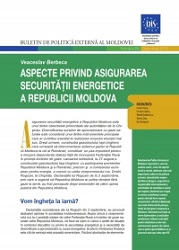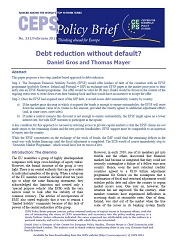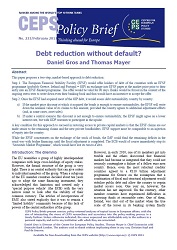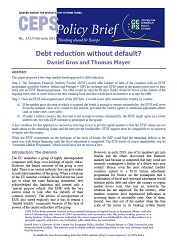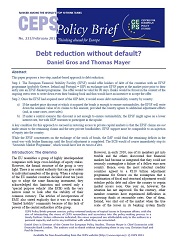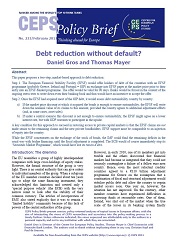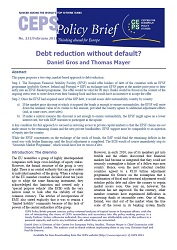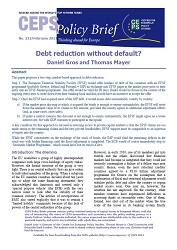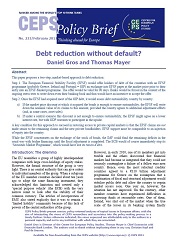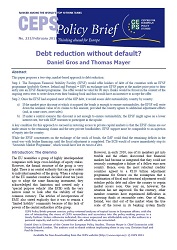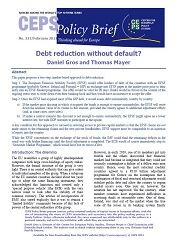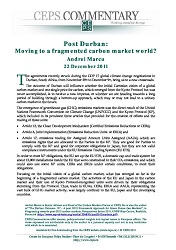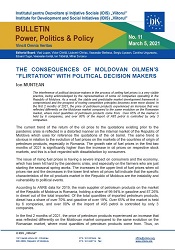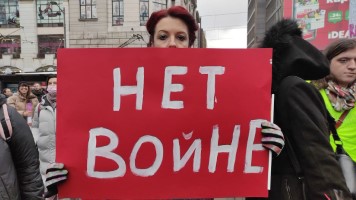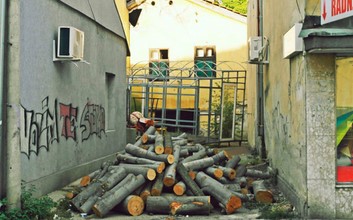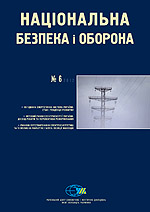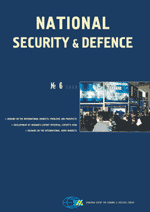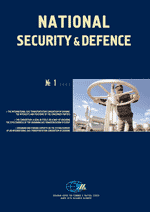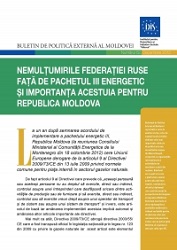
Russian`s Complaints against Third Energy Package and its Importance for Moldova
A year after signing the agreement to implement the third energy package, the Republic of Moldova, at the Energy Community Ministerial Council meeting in Montenegro on 18 October 2012, asks the European Union for derogation from Article 9 of Directive 2009/73/EC of 13 July 2009 concerning common rules for the internal market in natural gas. In fact Article 9 of the Directive which provides that “the same person or persons are entitled neither directly or indirectly to exercise control over an undertaking performing any of the functions of generation or supply, and directly or indirectly to exercise control or exercise any right over a transmission system operator or over a transmission system” and vice versa, is the basic article and delaying its implementation automatically involves delaying other important articles of the directive.
More...
